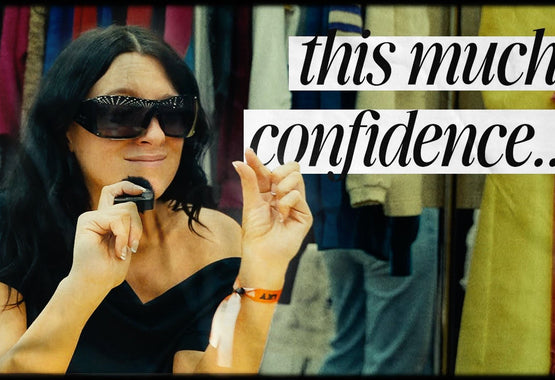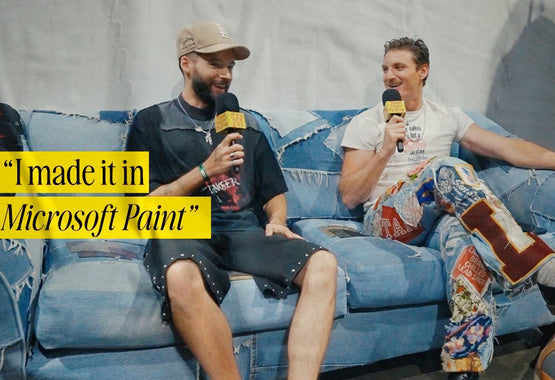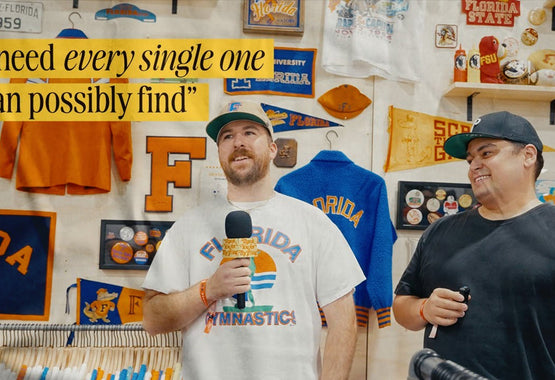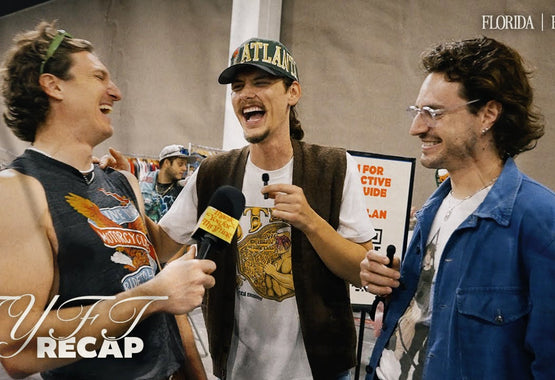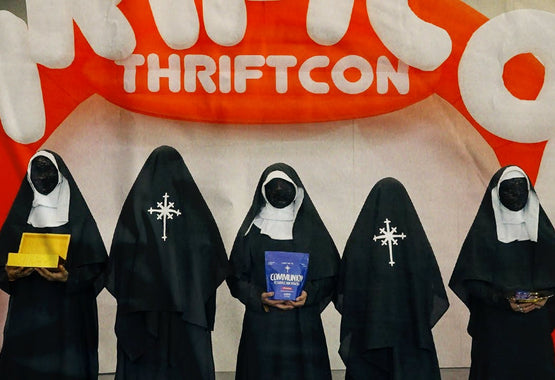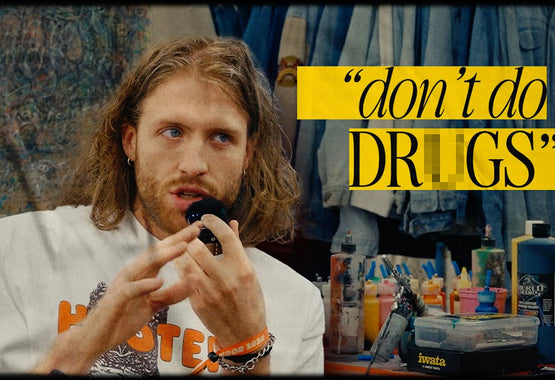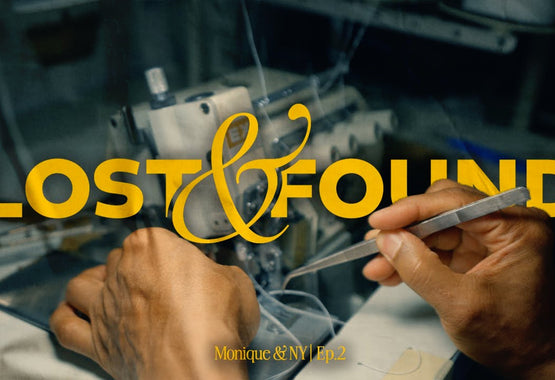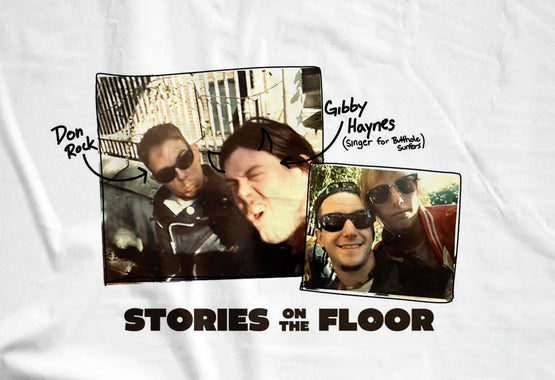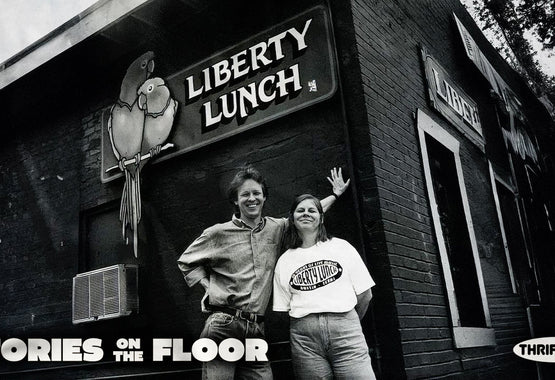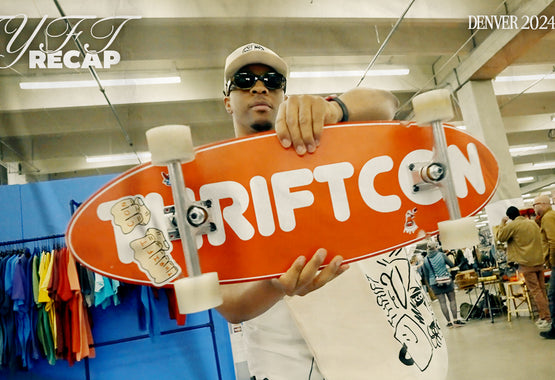A Major Thrift Store CEO Answers Everything You've Ever Wanted To Know
Walking through any one of the 30+ locations of an Arc Thrift Store, you’ll notice much of the same vibe than any other secondhand shop across the country. There are seemingly unending racks of womenswear and kids clothes on one side. Men’s clothes on the other. There are wide open areas reserved for good enough couches and Grandma’s old china cabinets somewhere in the middle. Sports gear neatly organized on the back wall. Housewares. Trinkets. Overflowing shelves. The buildings encompass all manner of used goods that came from one home that didn’t need them anymore to be sold cheaply to those who do.
It’s your typical American thrift store but with one key difference. Every so often you hear a voice come over the loudspeaker explaining Arc’s mission. The voice belongs to Lloyd Lewis, the Colorado chain’s CEO. In the prerecorded message he explains why he does what he does: “I have a son with down syndrome.” He was born 19 years ago and is the catalyst that pushed Lloyd to take over and expand the operation to new heights of retail.
Since he did, Arc has grown both its revenue and store count two-fold and has donated over $125 million to organizations and programs across the state to support its mission. Shouldered up to, say, a Goodwill or Salvation Army, it may seem like comparing apples to oranges given the scale of operations. But when we spoke with him about his leadership and the corporation’s revenue, it was more than a money grab like the others appear to be.
The questions in this episode of Tee Time were crowdsourced through ThriftCon’s Instagram community. We simply posted: “If you could ask a CEO of a major thrift corporation anything, what would it be?” Lloyd put to bed many misconceptions about people and companies in his position and some of the reseller-fueled rumors that come with it.
Are resellers ruining thrift stores?
“[laughs] That’s a misconception. We love our resellers, we love our customers, anyone who supports us by purchasing items in our stores should know they’re supporting a very important mission. It’s all cash through the register and helps funds our mission.”
Your day to day doesn’t consist of pricing the items?
“No we have people that are good at that in our stores. Our best pricers learn their customers. When I first started I did the undercover boss thing and tried all the jobs. Turns out I sucked at most of them, particularly at pricing that’s a real art form.”
Do you get upset when someone finds a shirt for $3.99 and sells it for hundreds of dollars?
“Well no. Good for you! We want things of value in the store. We might test a little online but we want our stores to be fun where they find good values and cool stuff. That’s the purpose of thrift. If you come in and find a cool t-shirt and get more for it online, that’s great keep coming back!”
What are you personally looking for at the thrift?
“It’s ironic I run the company because I’m not really a shopper. But it’s cool to walk around and find cool stuff: shirts, pants, albums.”
What is your opinion on vintage Adidas olympic crewnecks?
“I feel great about those. [laughs]”
What do you think about these 18 to 20-something year olds really taking to this and coming into your stores to collect?
“I think it’s great! Every generation has its thing. It’s fun to see them do their thing and what’s the latest thing.”
How have things changed in this industry from your perspective?
“At a very high level it’s become more and more and more popular. Sales have doubled in my tenure and our stores have doubles. It’s fun to see how generous people are and how popular our stores have become.”
Is the problem too many shoppers buying things or is it too many people donating things?
“Well in 2020 we got overwhelmed with donations. That’s a good problem to have, it’s inventory for future sales. We had 600 thirty-thousand pound semi-trailers of storage in product. Six hundred times thirty-thousand pounds.
It is never a problem to have too many shoppers.”
Did you or do you pay sub-minimum wages?
“We’ve never paid sub-minimum wage. All of our employees including those with disabilities make more than minimum wage and I’m proud of that. Paying sub-minimum wage is just wrong and it’s something we’ve never done or will never do.”
Where do you see the secondhand industry going in the next ten years?
“Oh in the next ten it grows monumentally. It continues to grow there’s no stopping this industry. It becomes more and more popular. That phenomenon happens across the country.”

